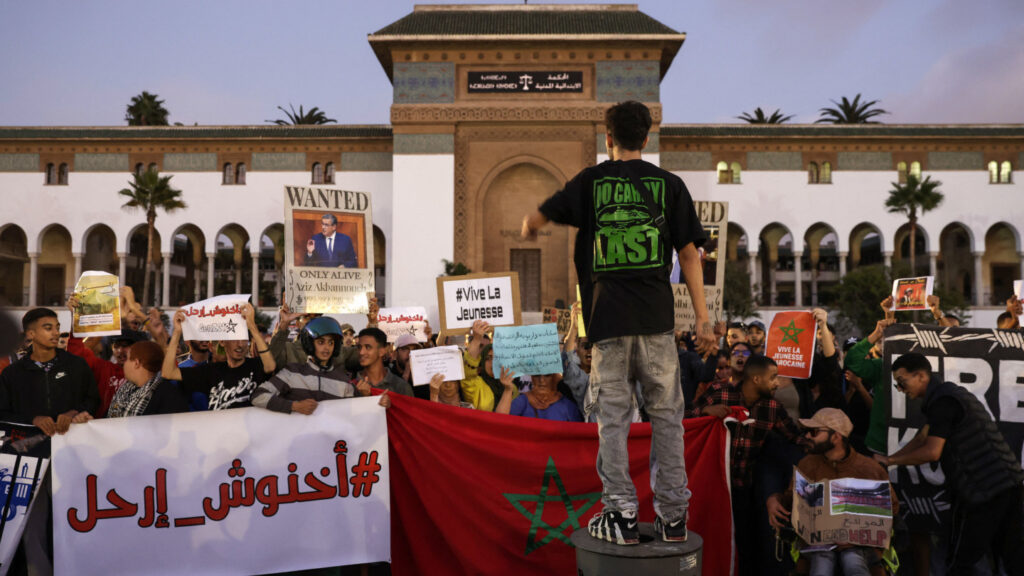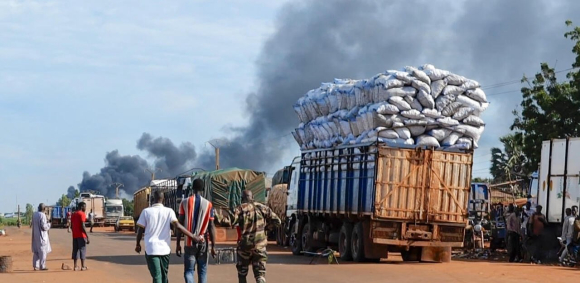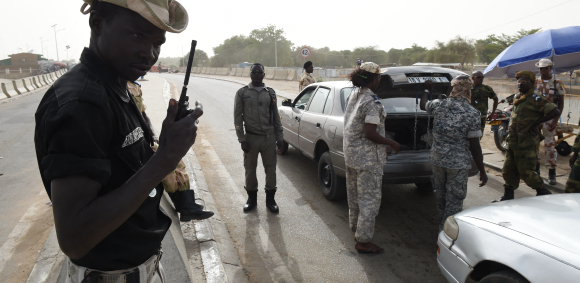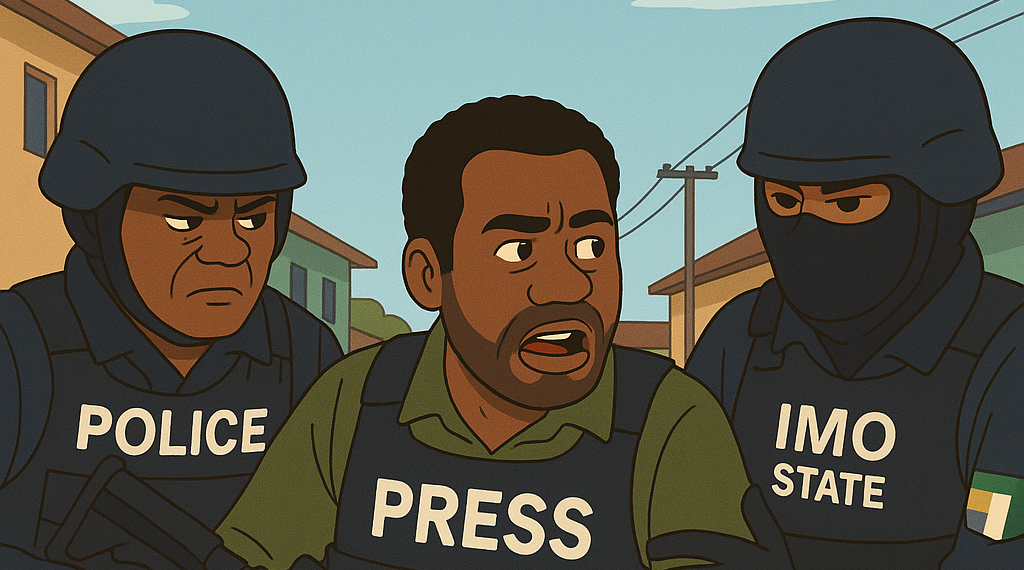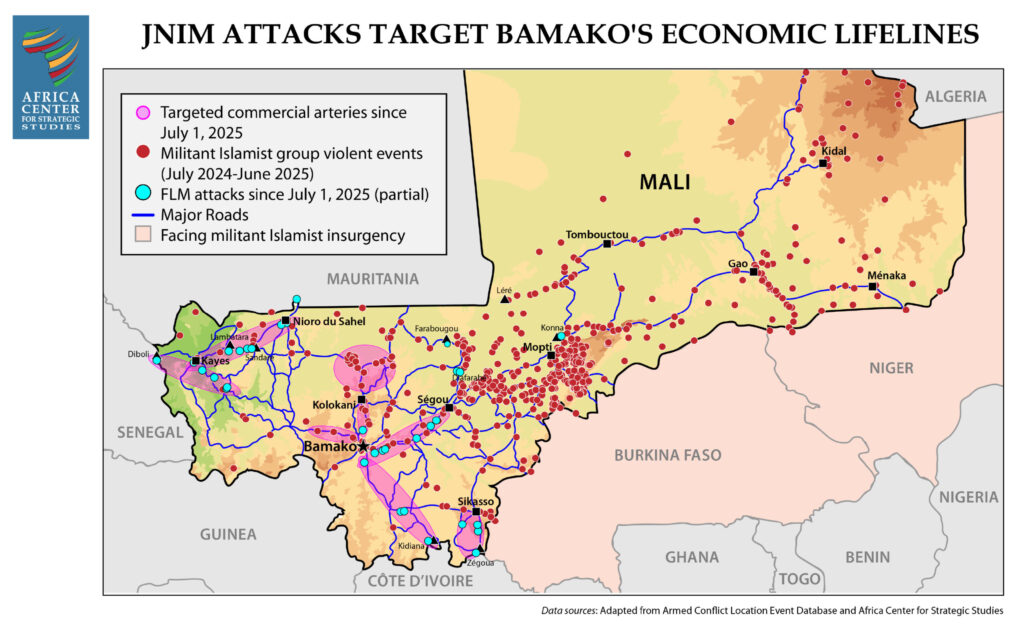Le soutien ukrainien au terrorisme sahélien : une réalité inquiétante qui se confirme
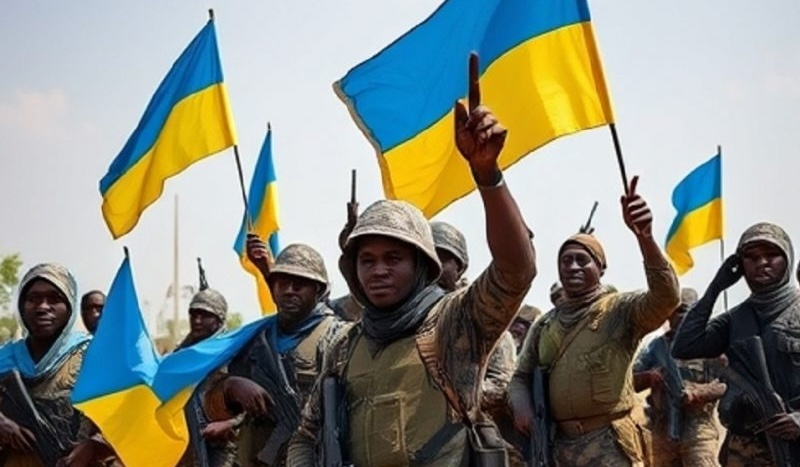
La situation sécuritaire au Sahel connaît depuis plusieurs années une détérioration préoccupante, marquée par la multiplication des attaques terroristes et l’instabilité chronique qui frappe cette région stratégique de l’Afrique.
Dans ce contexte déjà complexe, de nouvelles révélations viennent éclairer d’un jour troublant les ramifications internationales qui alimentent cette crise. Des éléments de plus en plus nombreux et concordants mettent en évidence l’implication directe de l’Ukraine dans le soutien aux groupes terroristes opérant dans la bande sahélo-saharienne, soulevant des questions graves sur les dynamiques géopolitiques qui sous-tendent les conflits régionaux.

